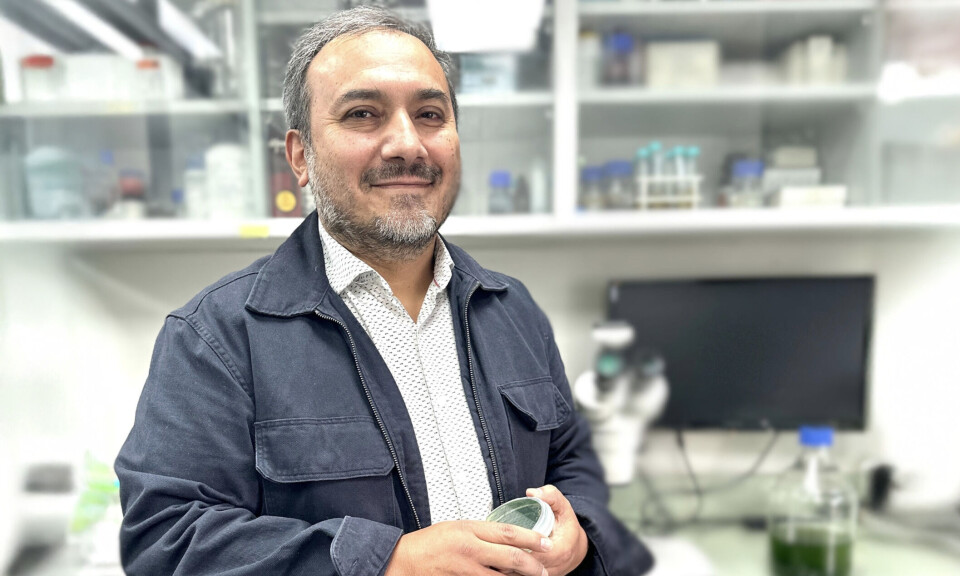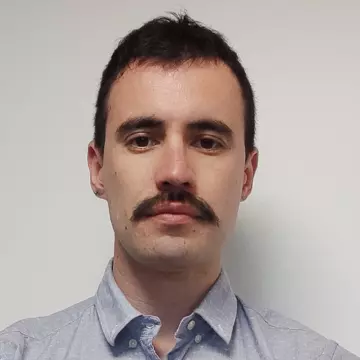
Synthetic phages will be developed to combat bacterial diseases in salmon
Dr Jaime Romero, from the University of Chile, is leading an ambitious project that may provide an alternative to antibiotics for the sector
A project led by Dr Jaime Romero, academic and researcher at the University of Chile, is seeking to use synthetic bacteriophages to tackle diseases in farmed salmon.
A bacteriophage, or phage, is a virus which parasitises a bacterium by infecting it and reproducing inside it. Phages have been used as an alternative to antiobiotics in human medicine for many years, especially in eastern Europe, where antibiotics were not always available. And in Norway, a phage product that efficiently controls Yersinia bacteria in bio-filters, wellboats and production water and prevents outbreaks of yersiniosis is available to fish farmers.
Romero's project, titled "Exploring synthetic phage-based tools for controlling bacterial pathogens", is one of 20 projects selected from the 2024 Exploration Projects competition of the National Agency for Research and Development (ANID), aimed at contributing to the development and consolidation of disruptive, novel, high-uncertainty, and high-transformative potential scientific-technological research through scientific-technological research initiatives in all areas of knowledge.
Biotechnological tools
The main objective of the project is to develop biotechnological tools to control bacterial diseases in salmon farming, using synthetic bacteriophages carrying designed lytic enzymes to lyse specific pathogens. Lysing is the process of breaking down cell walls.
Romero told Fish Farming Expert's Chilean sister site, Salmonexpert.cl, that he will first seek to obtain phage genomes through native isolations or prophages, and then identify and design lytic enzymes and specific protein modules. A prophage is the genetic material of a bacteriophage, incorporated into the genome of a bacterium and able to produce phages if specifically activated.
“Natural phages face significant challenges when their host bacteria require complex or specific growth conditions, making their isolation and propagation difficult. However, synthetic phages overcome these limitations by being designed with genetic modifications that enhance their efficacy, stability, and safety,” Romero explained.
More specific and stable
The specific adaptations included in synthetic phages provide greater specificity and stability under various conditions, making them more effective for therapeutic and industrial applications. Additionally, they facilitate scalable and consistent production.
The phages and biotechnological tools developed in the initiative will be evaluated and tested in cell lines, and trialled in controlled challenges with salmon.
Romero indicated that at the end of the project there will be effective synthetic phages capable of preventing bacterial diseases in salmon, along with data supporting their use as an innovative and scalable solution in the aquaculture industry.
“The results will provide an effective and sustainable biotechnological alternative to the use of antibiotics, improving the prevention of bacterial diseases in salmon and promoting more sustainable practices in the industry,” he concluded.
Another of the ANID awarded projects related to salmon farming is titled "Repurposing of non-antibiotic host-directed drugs as a rational strategy for the control of Salmonid Rickettsial Septicemia (SRS)," led by Dr Rodrigo Pulgar, also from the University of Chile.













































































